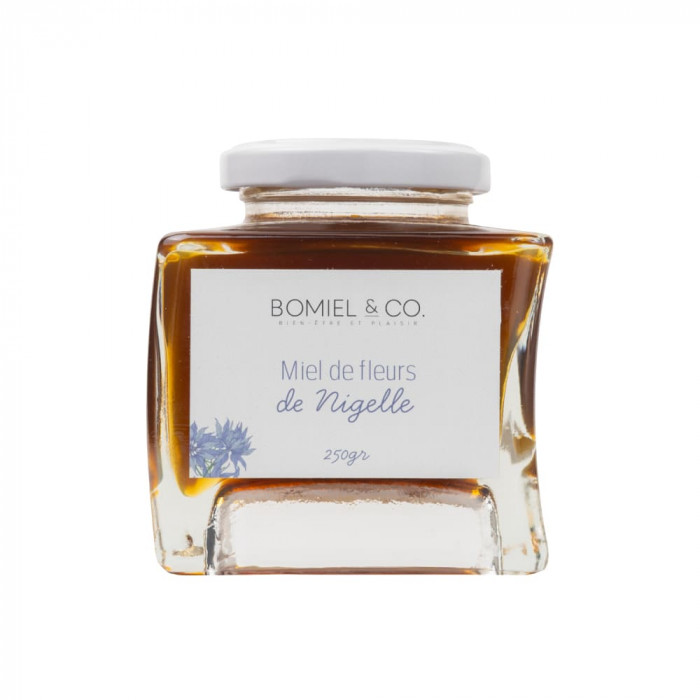- Miel & Bienfaits
- 27296 views

When we buy honey, we like to know in advance what it's going to taste like, so we don't get any nasty surprises.
Sometimes, it's simply out of curiosity, and surprise can sometimes be good, as with rose honey.
And for Euphorbia honey, you'll be totally surprised by its unique organoleptic properties.
Euphorbia honey stings
The most surprising thing about euphorbia honey is its pungency.
The intensity will depend on the crop you've decided to trust. It's directly impacted by the work of the bees, but also by external factors.
And they're pretty good.
And these are quite numerous and not very predictable: weather such as the number of rains and their importance, climate encompassing aspects of temperatures and humidity levels.
Euphorbia honey warms the throat
Like its pungent appearance, euphorbia honey is most often accompanied by a sensation of warmth that travels across the palate and throat.
This in no way means that your honey is no longer good or out of date. On the contrary, it means it's still active.
Coming from a flower in the cactus family, euphorbia honey thus derives a unique power and singularity.
Intensity varies
Depending on the sensitivity of your palate, the acidity of your mouth and other genetic and chemical factors; the intensity of the spiciness will vary.
Some people experience a very strong tingling sensation on the tongue and throughout the mouth, while others feel absolutely nothing.
Although this varies in relation to crops, you also need to consider your sensitivity.
The same applies to the warming aspect.
Children don't like it
It's common knowledge that children have quite a few difficulties ingesting this product of the hive.
If you want to introduce your child to honey, start with white honey or pink honey, which are milder.
Bring in euphorbia honey, warning that it's an exception because it stings and is hot. This will prevent you from disgusting your child for life with honey.
Related products

